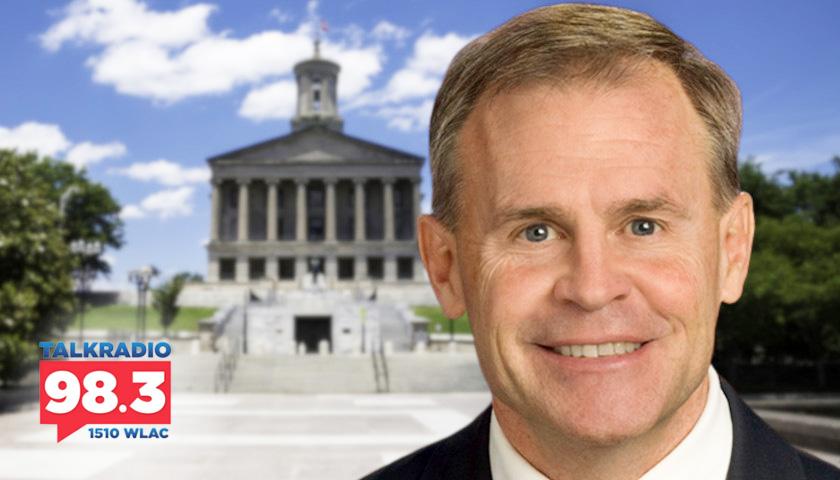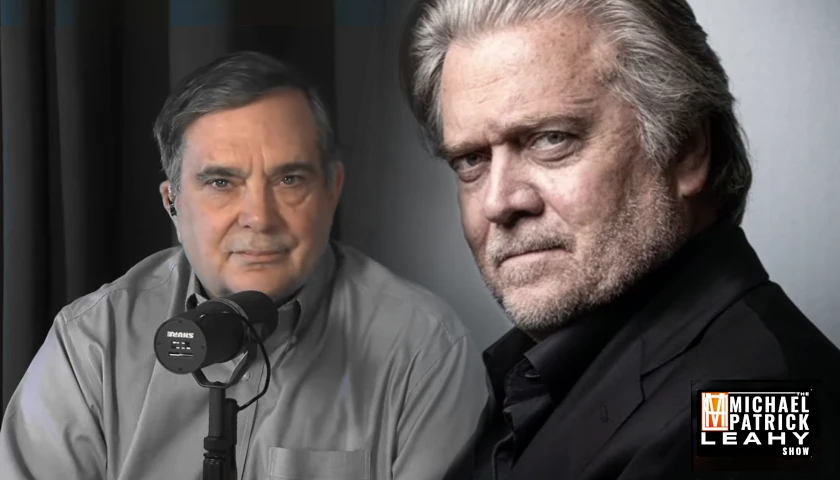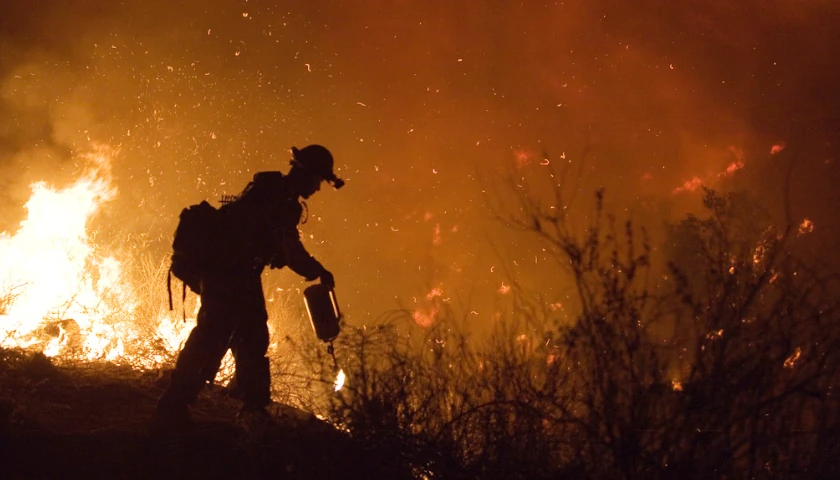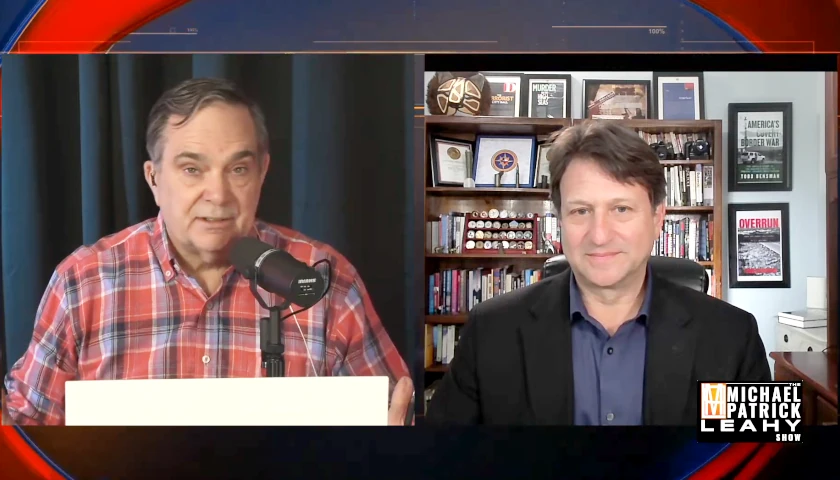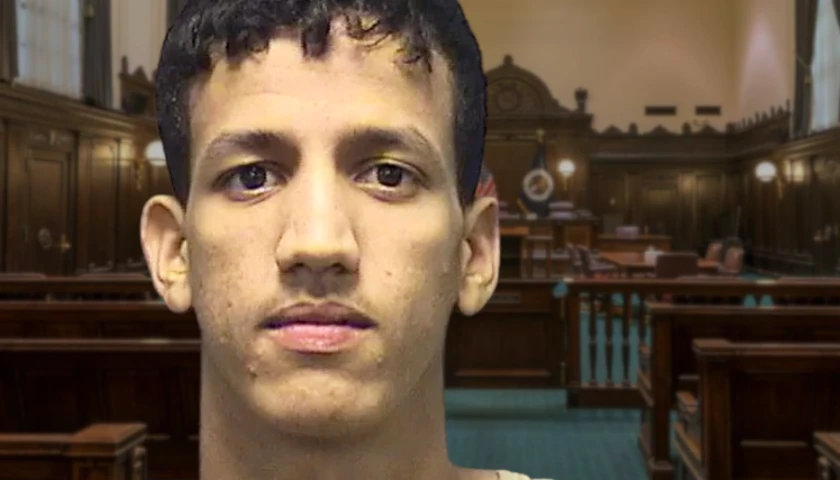Live from Music Row, Tuesday morning on The Tennessee Star Report with Michael Patrick Leahy – broadcast on Nashville’s Talk Radio 98.3 and 1510 WLAC weekdays from 5:00 a.m. to 8:00 a.m. – host Leahy welcomed former Tennessee State Representative Bill Dunn in studio to discuss his background and entrance into politics.
Leahy: First time in our studio, former State Representative Bill Dunn. Good morning, Bill.
Dunn: Hey, glad to be here.
Leahy: You had such a great run in the state house of Representatives. Weren’t you the chairman of the education committee there for a while?
Dunn: I was chairman of calendar rules. And then I was speaker pro tem. And then, when Glen Casada resigned, I became Speaker of the House, or at least acting speaker for three weeks. It was the most boring three weeks in Tennessee history, and I’m very proud of that.
Leahy: (Laughs) So, tell us a little bit about your background. Where were you born, and when did you come to Tennessee?
Dunn: I was actually born in the Panama Canal zone.
Leahy: You and John McCain.
Dunn: Yeah, John McCain and I, and but at a year’s age my dad decided that was no place to raise children. And so he got a job with TVA. So I grew up in Knoxville. My parents had nine kids, and then they took in a foster child. And so there were 10 of us growing up.
And during the winter, my grandfather would come from Wisconsin and stay in the warmer climates of Tennessee. Great parents and had a great time growing up. I worked with the UT Ag Extension Service.
During that, you weren’t supposed to speak out on issues, so I quit my nice job with health insurance and everything and got a job with a tree company. The next thing I knew my state representative wasn’t running again, and I thought isn’t that interesting?
So I threw my hat in the ring, and the local paper introduced me as a skinny guy nobody’s ever heard of. But when you got that many brothers and sisters who are willing to go out and work for you and knock on doors, I was elected in 1994, which was the Republican wave.
Leahy: Oh yeah.
Dunn: You remember that.
Leahy: That was the year of Newt Gingrich.
Dunn: Yes. But that was when the Republicans in the United States House of Representatives took over the House of Representatives for the first time in 40 years.
Dunn: Yes. And so I rode that, that wave in, even though I wasn’t supposed to win because nobody knew me.
Leahy: So you won that election. What was your first election?
Dunn: 1994.
Leahy: What were the percentages in that?
Dunn: There were seven of us in the Republican primary. And I got 40 percent for that.
Leahy: That’s pretty good.
Dunn: And then I went up against a guy who was a, the, had been the superintendent of schools for 12 years. And back then, it was an elected position. And so nobody really gave me a chance because he had a bipartisan coalition helping him. But I got 55 percent of the vote. And then for 26 years, I was never challenged by another Republican, and I only had three Democrats, and I got 70 percent every time that somebody ran against me.
Leahy: So you were pretty popular there.
Dunn: I tried to work hard. I tried to do my homework, and when the income tax battle came, I didn’t feel it was just enough to say I’m against the income tax. I actually put together an alternative budget that showed that you could do a budget without that massive tax increase.
Leahy: You joined the Killer B’s. It’s Killer B’s plus D. That is Marsha Blackburn, Diane Black, and Mae Beavers.
Dunn: Yes, and I served with all of them. When I first went to the House, one of the first votes you take is for leadership and who’s going to be the speaker and speaker pro team, and I had a moral quandary.
It was like, I don’t agree philosophically with the direction of the Democrat Party going. And when it came time to vote, I just passed. So 98 folks, Democrats and Republicans, all voted for the Democrat leadership there’s Dunn.
Leahy: Was this Jimmy Naifeh at the time? Who was the speaker in 1994?
Dunn: Jimmy Naifeh and Lois DeBerry was the speaker pro tem.
Leahy: Oh. So let’s talk about Jimmy Naifeh. From ’94
Dunn: 2000 to 2008. Yes. You had that weird…
Leahy: Jimmy Naifeh was speaker. What was the breakdown in the House then? Right now, it’s 74 R, 25 D. What was it then?
Dunn: Oh, the Democrats were in charge, and they were getting close to being a supermajority, but then 1994 came, and at that point, there was a Republican wave, and so we picked up a whole lot of seats then. But we weren’t anywhere close to a majority.
Leahy: What kind of speaker was Jimmy Naifeh?
Dunn: He ran the show. Now he followed the rules, but he made the rules. So it was easier.
Leahy: What happened if you crossed Jimmy Naifeh?
Dunn: And when people complain now about not being able to speak on bills, they had what was called killer subs. They would have a subcommittee of three members; two Democrats and one Republican. So you couldn’t even get a second, and there was no discussion. So when people complained that they don’t get to talk as much, they should have lived under the killer sub regime.
Leahy: That was a little bit different.
Listen to today’s show highlights, including this interview:
– – –
Tune in weekdays from 5:00 – 8:00 a.m. to The Tennessee Star Report with Michael Patrick Leahy on Talk Radio 98.3 FM WLAC 1510. Listen online at iHeart Radio.
Photo “Bill Dunn” by Tennessee General Assembly. CC BY-SA 4.0.
